As the demand for efficient cooling solutions rises, choosing the right split air conditioner brand becomes crucial to ensuring comfort and energy savings. Top brands in the market are constantly innovating, offering advanced features such as inverter technology, smart controls, and eco-friendly refrigerants. Renowned for their reliability and performance, brands like Daikin, LG, Mitsubishi Electric, Carrier, and Panasonic lead the pack with their cutting-edge models and superior customer service. To explore a comprehensive list of the best split AC brands and find the perfect fit for your cooling needs, continue reading below.
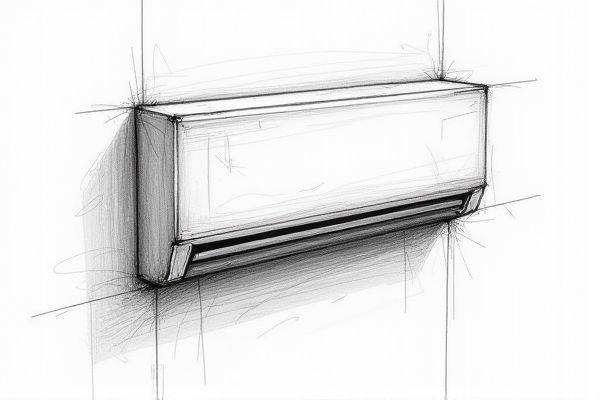
Illustration of split ac
Best brands of split ac in 2025
Daikin
Daikin is a leading innovator and producer of high-quality air conditioning solutions, particularly in the residential ductless split AC market, where it holds a significant market share. In 2023, Daikin increased its market share in the North American HVAC market to 19.0%, up from 17.5% in 2022, and continues to grow rapidly through strategic expansions and acquisitions. The company's focus on energy-saving technologies, such as inverter and heat pump systems, has driven its success, especially in regions like Asia Pacific and North America where energy efficiency is a top priority. Daikin's global presence is strengthened by its extensive network and production sites in various regions, including Southeast Asia, the Middle East, Africa, and India. The company's comprehensive product lineup and reliable services have earned customer trust worldwide.
Mitsubishi Electric
Mitsubishi Electric is a leading global brand in the production of split air conditioning systems, known for its energy-efficient and innovative technologies. The company generated $9.42 billion in revenue from its Air Conditioning Systems & Home Products segment in 2023, highlighting its significant market presence. Mitsubishi Electric's split-zoning systems, including mini-split, multi-split, and variable refrigerant flow (VRF) systems, offer individualized comfort control and are highly efficient, making them a popular choice in both residential and commercial settings. The brand's commitment to innovation and customer service is evident through its extensive training programs and the Diamond AllianceTM network. With a steady growth rate and strong global presence, Mitsubishi Electric continues to be a dominant player in the air conditioning market. For more information, visit the Mitsubishi Electric air conditioning solutions page.
LG
LG Electronics is a leading producer of split air conditioners, known for its high-quality and energy-efficient products. In 2023, LG's Home Appliance & Air Solution segment generated around $23 billion in revenue, making it the company's largest business segment. LG's split ACs are popular globally, especially in regions like India, where the brand is among the top choices for home appliances. The company competes fiercely with other tech giants like Samsung, Panasonic, and Haier, but maintains its competitive edge through continuous innovation. LG's products, including split ACs, are recognized for their superior energy efficiency and quiet operation.
Samsung
Samsung is a leading producer of split air conditioning systems, known for its innovative and energy-efficient products. In the smart AC market, Samsung is preferred by 14% of users in India as of 2023, indicating its strong consumer base. The company's split air conditioning systems are part of a market that was valued at USD 25.66 billion in 2022 and is expected to grow significantly, with the Asia Pacific region, where Samsung is a key player, anticipated to be the fastest growing market. Samsung's products are appreciated for their flexible and hassle-free installation, improved energy efficiency, and quiet operation. The company's focus on reducing carbon emissions and enhancing indoor air quality further contributes to its market standing.
Panasonic
Panasonic is a leading producer of split air conditioners, boasting a 15% market share in homes and an 80% presence in commercial buildings, driven by their innovative technology, energy-saving features, and competitive pricing, which is 5% lower than major rivals. The company's focus on smart tech and health features has significantly boosted their sales, with a 10% increase from the previous year. By 2030, Panasonic is expected to hold 25% of the high-end air conditioner market, and the global air conditioner market is projected to grow by 5.98% from 2023 to 2030. Panasonic's commitment to eco-friendly solutions, such as using natural refrigerants, further solidifies their position. Their split system air conditioner market is anticipated to boom by 2031, driven by rising demand for advanced and efficient cooling systems. For more details on the Panasonic air conditioner market trends, visit their comprehensive report.
Hitachi
Hitachi, once a top-three air conditioner brand in India, has faced significant challenges, dropping to the seventh spot by 2022-23. Despite these setbacks, the brand maintains a strong presence, particularly in the premium category, with a market share of around 12% in Room Air Conditioners (RACs) and 13% in the Ductable AC market as of 2021. In the pre-pandemic year 2019-20, Hitachi held more than a 9% market share, but this halved by April 2023. The company has seen year-on-year profit declines since 2020-21 and recorded a net loss of Rs 82 crore in 2022-23. Hitachi's joint venture with Johnson Controls has a long history and continues to be a significant player in the air conditioning market. For more details, visit the official Hitachi website.
Carrier
Carrier, founded by the inventor of modern air conditioning, is a world leader in high-technology heating, air-conditioning, and refrigeration solutions. Recognized as the best air conditioner brand by USA Today, Carrier is acclaimed for its reliability, smart home compatibility, and high-efficiency cooling systems. The company's products are highly regarded, with mentions in Forbes for "Best Reliability" and "Best Smart Home Compatibility." Carrier's innovative solutions integrate energy-efficient products, building controls, and energy services, making it a preferred choice globally. In the residential ductless split AC market, Carrier is among the prominent players, holding a significant market share. For more details, visit their official website.
Toshiba
Toshiba, though not specifically highlighted as a leading producer of split air conditioning systems, is a renowned brand in the electronics and home appliances sector. In 2024, Toshiba holds a 6.5% share of the global electronics market, including home appliances such as refrigerators, washing machines, and microwaves, with home appliances accounting for 10.3% of its total revenue. However, the primary leaders in the split air conditioning systems market include companies like Daikin, Midea Group, and Gree Electric Appliances. Toshiba's strength lies in its diverse product range, including energy solutions and storage devices, but it is not prominently featured in the split AC market. For more details about their extensive product offerings, visit Toshiba's official website.
Voltas
Voltas is a leading brand in the air conditioner market, particularly renowned for its split ACs, having achieved a landmark sale of over 2 million AC units in FY24, marking a 35% growth from the previous year. The company holds a significant market share of 24.1% in the overall AC market as of June 2022, with a 950 bps lead over its nearest competitor. Voltas is expected to maintain its market leadership, with UBS predicting a market share of 23% in the room air conditioner segment by FY26. The company's strong distribution network, brand equity, and competitive pricing have been key factors in its success. Additionally, its joint venture with Arcelik, Voltas Beko, has also contributed significantly to its sales milestones. For more information, visit the Economic Times article.
Blue Star
Blue Star is positioning itself as a leading producer of split air conditioners, aiming to increase its market share in the room air-conditioner segment to 15% by FY25, up from the current 13.5%. The company has seen a 30% growth in the RAC segment last year and expects a further 30% growth this year, driven by booming demand from households and corporate consumers. Blue Star plans to achieve this through an expanded product range, including new models and a robust advertising campaign. The company has also strengthened its distribution network, adding 50 more dealers to its existing 200-strong network. With over 75 models launched across various price points, Blue Star is well-prepared to meet the growing demand, especially from tier 3-4-5 markets where it commands a significant share. For more details, check out their press release on Blue Star's plans to double their market share.










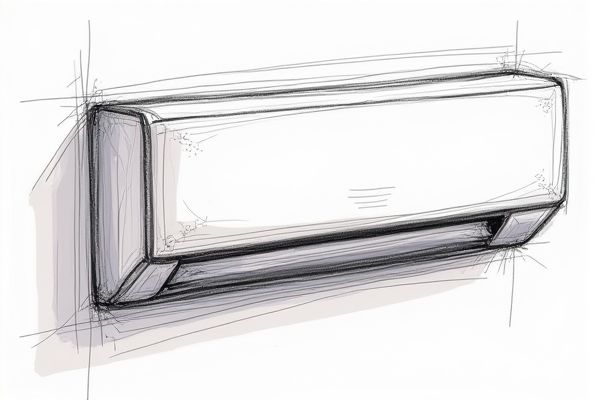
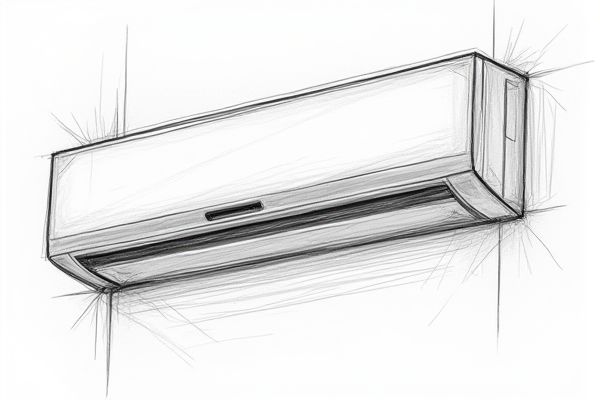
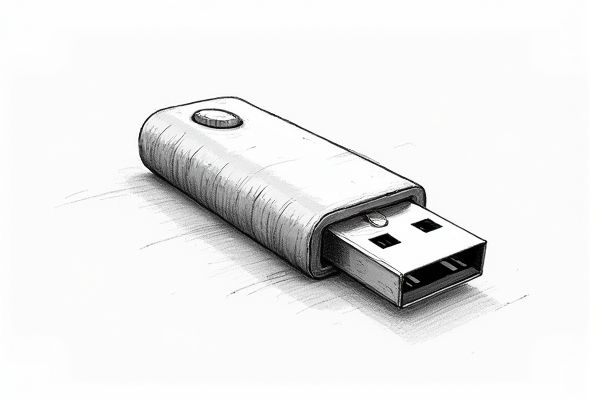
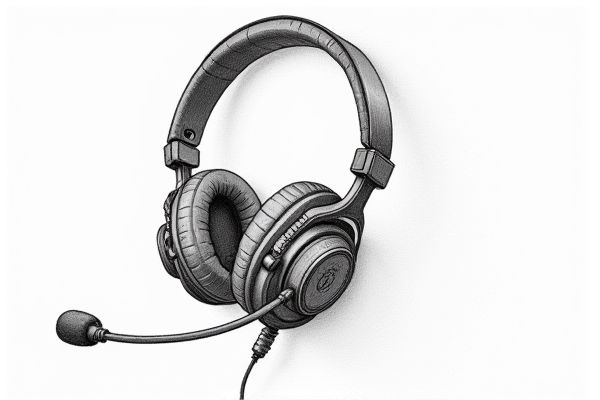
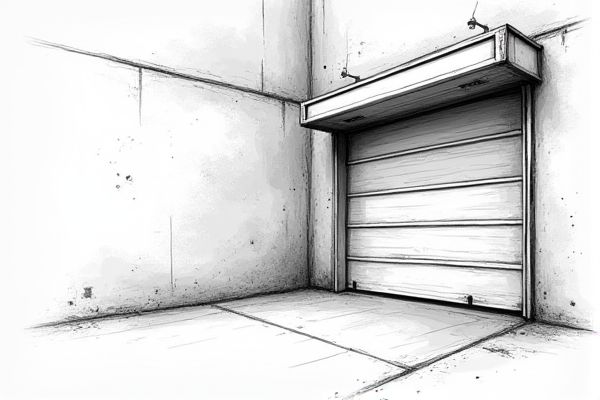

Leave a Reply
Your email address will not be published.